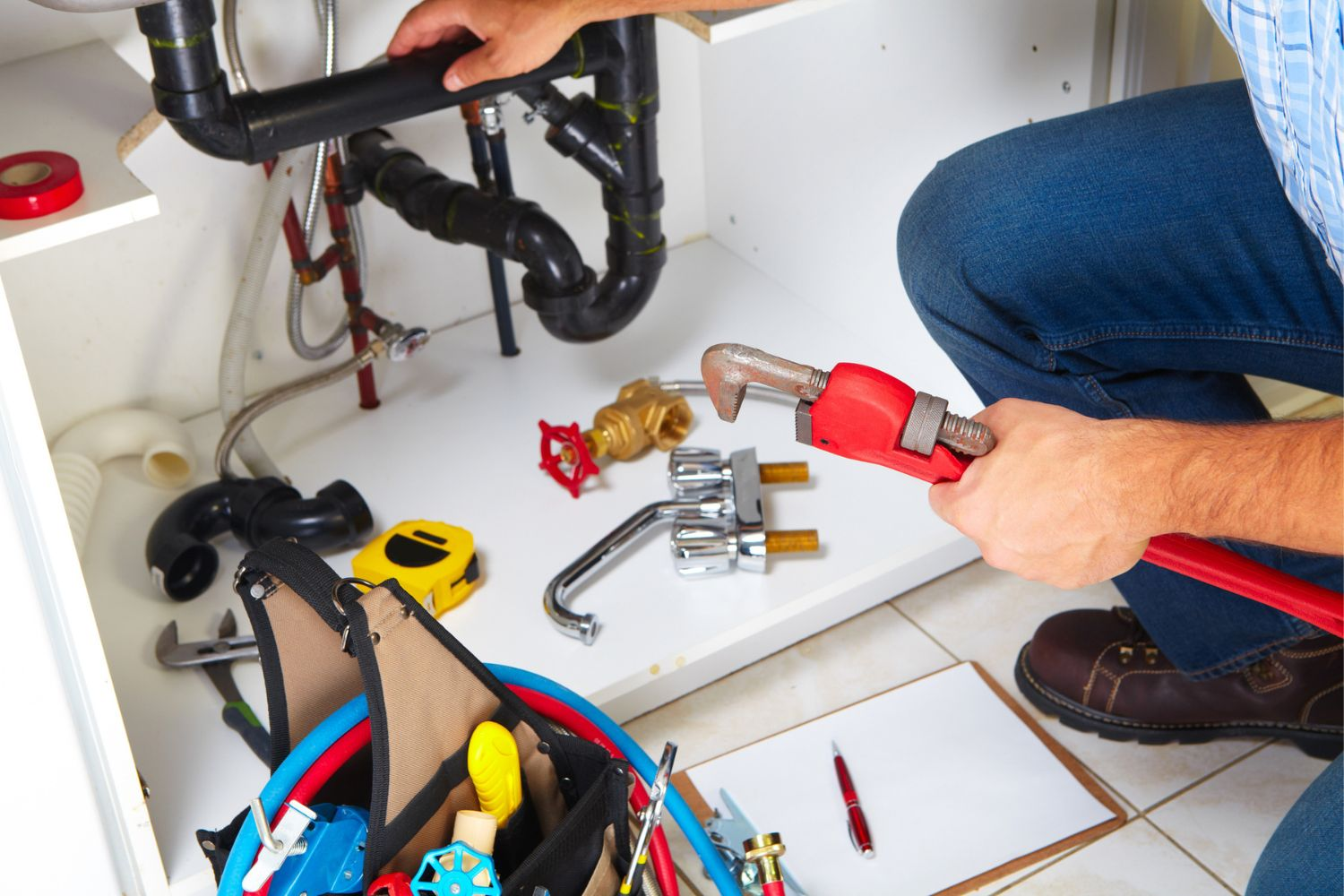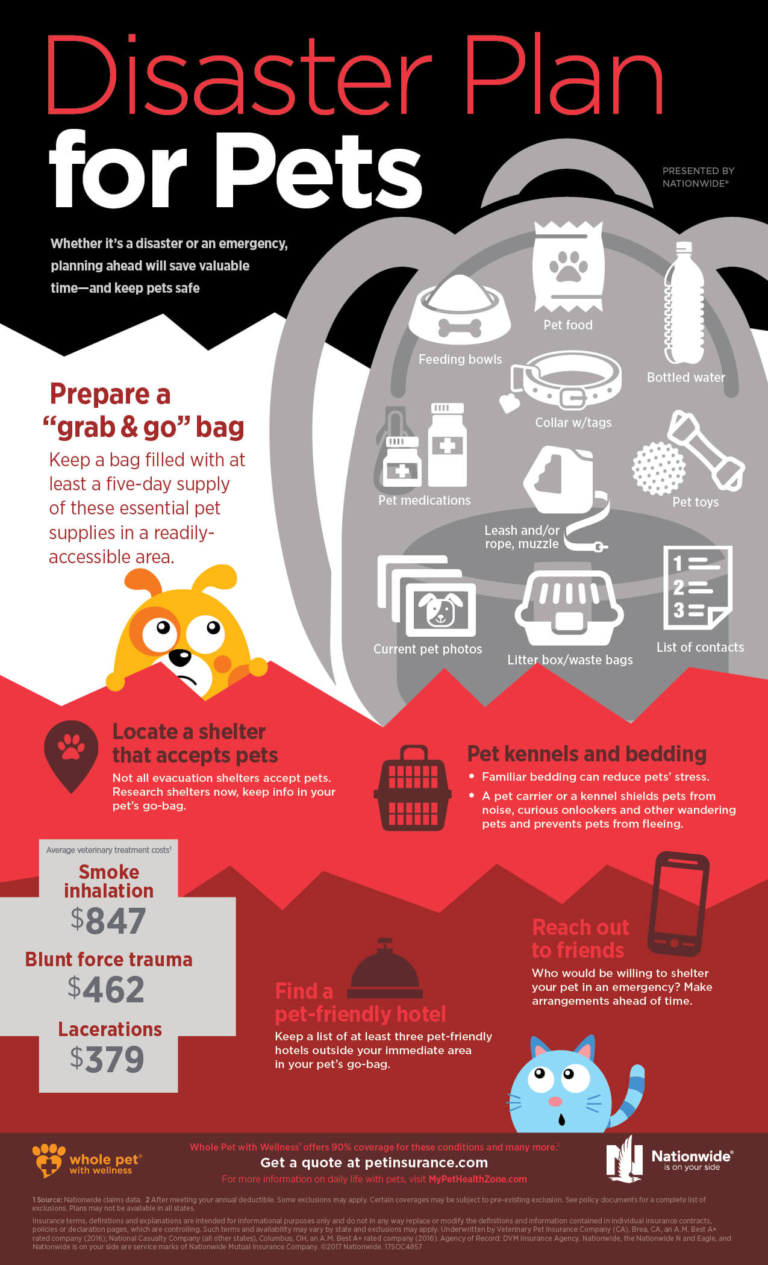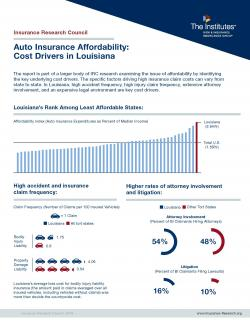Homeowners Insurance Cover Plumbing: What You Should Know
Homeowners insurance covers plumbing issues, providing crucial financial protection against the unexpected costs that arise from plumbing problems. From sudden leaks to catastrophic pipe bursts, water damage can wreak havoc on your home and belongings if not addressed promptly. Understanding the extent of plumbing coverage in your home insurance policy is essential to ensure you’re prepared when disaster strikes. Many homeowners are often left wondering, “Does homeowners insurance cover plumbing?” Knowing the answer can save you from significant financial burden. Let’s explore how your home insurance can safeguard you against plumbing-related mishaps and the steps to take when faced with such challenges.
When it comes to safeguarding your property, understanding the role of residential insurance in plumbing matters is vital. This type of insurance, often referred to as home protection coverage, can offer assistance with various plumbing-related issues, including damage from sudden leaks or burst pipes. Homeowners often overlook the importance of plumbing provisions in their insurance plans until faced with dire situations involving water damage. By delving into the specifics of home insurance policies and their plumbing coverage, you can better navigate the complexities of homeowners insurance claims and ensure you’re adequately covered. Let’s dive deeper into what your insurance can handle and how to mitigate potential plumbing disasters.
Understanding Homeowners Insurance Coverage for Plumbing Issues
Homeowners insurance is designed to protect you from unexpected damages, and plumbing issues are often included in this coverage. Typically, your policy will cover sudden and accidental plumbing failures, such as a burst pipe or an unexpected leak. This means that if a pipe bursts due to age or wear and causes water damage in your home, your insurance may help cover the repair costs, provided you file a claim promptly. However, it’s essential to read your policy carefully to understand the specifics of plumbing coverage, including any limits that may apply.
In addition to covering damage from plumbing failures, homeowners insurance can also provide compensation for water damage caused by plumbing problems. This could include coverage for damage to your personal property, like furniture or electronics, that results from a plumbing mishap. Knowing that homeowners insurance covers plumbing can give you peace of mind, especially if you live in an area prone to plumbing issues or if your home has aging pipes.
What Plumbing Problems Are Usually Covered by Homeowners Insurance?
Most homeowners insurance policies are designed to cover specific plumbing problems, especially those that occur suddenly and unexpectedly. Commonly covered incidents include burst pipes, sudden leaks, and water damage resulting from these issues. For example, if a pipe bursts and floods your basement, the insurance will typically cover the cost of repairs to the structure and any damaged personal belongings, helping you recover from the incident without incurring severe financial losses.
It’s important to note that coverage can vary significantly between policies, so homeowners should always verify their specific terms. Some policies may include additional provisions for plumbing coverage, such as protection against damage caused by frozen pipes, while others may not. Therefore, understanding the specifics of your home insurance policy regarding plumbing can help you make informed decisions and better protect your home from potential plumbing disasters.
Signs Your Plumbing May Be Failing
Being aware of the signs of failing plumbing can save you from costly repairs and extensive water damage. Common indicators include water stains on walls or ceilings, unexplained increases in your water bill, or the sound of running water when all fixtures are off. These signs may point to leaks or other plumbing issues that require immediate attention. Ignoring these signs can lead to greater damage, which may or may not be covered under your homeowners insurance depending on the circumstances.
Additionally, keep an eye out for mold or mildew growth, which can develop due to prolonged exposure to moisture from plumbing leaks. If you notice a musty smell or visible mold, it’s crucial to investigate further. Addressing plumbing problems early can help mitigate the risks of water damage and ensure that you remain eligible for coverage through your homeowners insurance for any potential claims.
What Homeowners Insurance Won’t Cover Regarding Plumbing
While homeowners insurance provides valuable protection for plumbing issues, it does have limitations. Generally, damage caused by neglect or lack of maintenance is not covered. For instance, if you have a visible leak that you fail to repair, and it leads to mold growth or structural damage, your insurance will likely deny your claim based on neglect. Homeowners must be proactive in maintaining their plumbing systems to avoid these pitfalls.
Another common exclusion includes sewer line backups. Many policies do not cover damage caused by sewer backups unless you have specific coverage for it. If your sewer line overflows and causes water damage in your home, you may be left to handle the repair costs on your own. Understanding these exclusions is crucial for homeowners to manage their expectations and make informed decisions about supplementary coverage options.
Steps to Take When You Detect Plumbing Issues
If you suspect a plumbing issue in your home, it’s essential to act quickly to minimize damage and ensure your homeowners insurance will cover you. Start by documenting the problem; take clear photos of any visible damage before you begin any cleanup or repairs. This documentation will be vital when filing a claim with your insurance company, as it provides evidence of the incident and its severity.
Next, contact a licensed plumber to assess the situation. While there may be minor issues you can handle yourself, such as unclogging a drain, more serious problems require professional intervention. A plumber can help identify the root cause of the issue and conduct necessary repairs, which can prevent further water damage and additional claims against your homeowners insurance.
Preventing Plumbing Issues to Protect Your Home
Preventative maintenance is key to avoiding plumbing problems that could lead to costly repairs and insurance claims. Regularly inspect your plumbing for leaks, corrosion, and signs of wear. Keeping an eye on your pipes, especially in areas prone to freezing, can save you from significant water damage during the winter months. Additionally, consider scheduling routine inspections with a licensed plumber to catch potential issues before they escalate.
Another effective prevention strategy is to educate yourself about your home’s plumbing system. Understand how your plumbing works, including shut-off valves and drain systems. By being proactive, you can address minor issues quickly and efficiently, which not only protects your home but also helps maintain your eligibility for coverage under your homeowners insurance in case of unexpected plumbing emergencies.
How to File a Homeowners Insurance Claim for Plumbing Damage
Filing a claim for plumbing damage can seem daunting, but understanding the process can make it more manageable. First, ensure that you have documented all damage thoroughly with photographs and notes detailing the incident. Contact your insurance company promptly to report the claim, as delays can complicate the process. Be prepared to provide them with all necessary information, including your policy number and details about the plumbing issue.
Once your claim is filed, an insurance adjuster will likely be assigned to evaluate the damage. They may request additional documentation or a visit to your home to assess the situation firsthand. It’s important to cooperate fully and provide any requested information to expedite the claims process. Remember, the more evidence and details you provide, the better your chances of a successful claim for plumbing-related damages.
Homeowners Insurance FAQs About Plumbing Coverage
Understanding homeowners insurance can be complicated, especially regarding plumbing coverage. Many homeowners have questions about what is and isn’t covered, including whether plumbing repairs are included in their policy. Typically, sudden and accidental damages, like burst pipes or leaks, are covered. However, issues arising from neglect or lack of maintenance are generally excluded, making it critical to keep up with regular plumbing inspections.
Another frequently asked question is whether homeowners insurance covers water damage from plumbing issues. Generally, it does, but specifics can vary from policy to policy. Homeowners should review their policies thoroughly and speak with their insurance agents to clarify any uncertainties. This proactive approach can help homeowners make informed decisions and better prepare for potential plumbing emergencies.
Choosing the Right Homeowners Insurance for Plumbing Coverage
When selecting homeowners insurance, it’s essential to consider the extent of plumbing coverage included in different policies. Not all insurance providers offer the same level of protection, so it’s wise to compare quotes and coverage options. Look for policies that specifically mention plumbing coverage, including protection against common plumbing issues like burst pipes and water damage.
Additionally, consider asking potential insurance providers about their claims history regarding plumbing issues. Understanding how they handle claims can give you insight into their customer service and reliability. Investing time in choosing the right homeowners insurance can provide you with greater peace of mind, knowing you have adequate coverage for plumbing problems and other unexpected incidents.
Frequently Asked Questions
Does homeowners insurance cover plumbing repairs?
Yes, homeowners insurance typically covers sudden and accidental plumbing repairs, such as burst pipes or leaks that result in water damage.
What types of plumbing issues are typically covered by homeowners insurance?
Homeowners insurance usually covers plumbing issues like damage from burst pipes, sudden leaks, and failures within the plumbing system that lead to water damage.
Are there plumbing issues that homeowners insurance does not cover?
Yes, homeowners insurance generally does not cover damages resulting from gradual wear, neglect of plumbing maintenance, or specific issues like flooding or sewage backups, which may need separate coverage.
Will homeowners insurance cover repairing or replacing damaged plumbing fixtures?
Homeowners insurance may cover the repair or replacement of damaged plumbing fixtures if the damage is due to a covered incident, though specific limits and deductibles will apply.
Does homeowners insurance cover water damage from plumbing issues?
Yes, homeowners insurance typically covers water damage repairs to your home and personal property caused by plumbing problems, as long as they are sudden and accidental.
What should I do if a plumbing issue damages my home?
If plumbing issues damage your home, document the damage thoroughly, take immediate steps to mitigate further damage, and contact your insurance provider to initiate a claim.
How can I prevent plumbing issues and avoid insurance claims?
To prevent plumbing issues and avoid claims, conduct regular maintenance, check for leaks regularly, and address minor plumbing problems promptly. You may also consider getting plumbing coverage for added protection.
Does homeowners insurance cover plumbing problems caused by neglect?
No, homeowners insurance typically does not cover plumbing problems that arise from neglect or lack of maintenance, as these are considered preventable issues.
| Key Points | Details |
|---|---|
| Coverage for Plumbing Issues | Most homeowners insurance covers sudden plumbing issues like burst pipes and hidden leaks. |
| Types of Coverage | Includes dwelling coverage, other structures coverage, personal property coverage, and loss of use coverage. |
| Exclusions from Coverage | Neglecting obvious leaks, sewer line backups, and damages from frozen pipes due to lack of maintenance are typically not covered. |
| Signs of Leaky Pipes | Look for visual signs (stains, discoloration), auditory signs (dripping sounds), and musty odors. |
| Action Steps for Plumbing Problems | Contact a plumber, document damage with photos, and protect belongings from water. |
| Preventive Measures | Regular maintenance and prompt attention to minor issues can help avoid larger problems. |
Summary
Homeowners insurance covers plumbing issues, providing vital protection against water damage from incidents like burst pipes and hidden leaks. Understanding the extent of your coverage is crucial for homeowners. While most policies will cover sudden plumbing failures, they may not cover damages resulting from negligence or lack of maintenance. Homeowners should regularly check for signs of leaks and take preventive measures to minimize the risk of plumbing problems, thus ensuring that they remain protected under their insurance policy.







